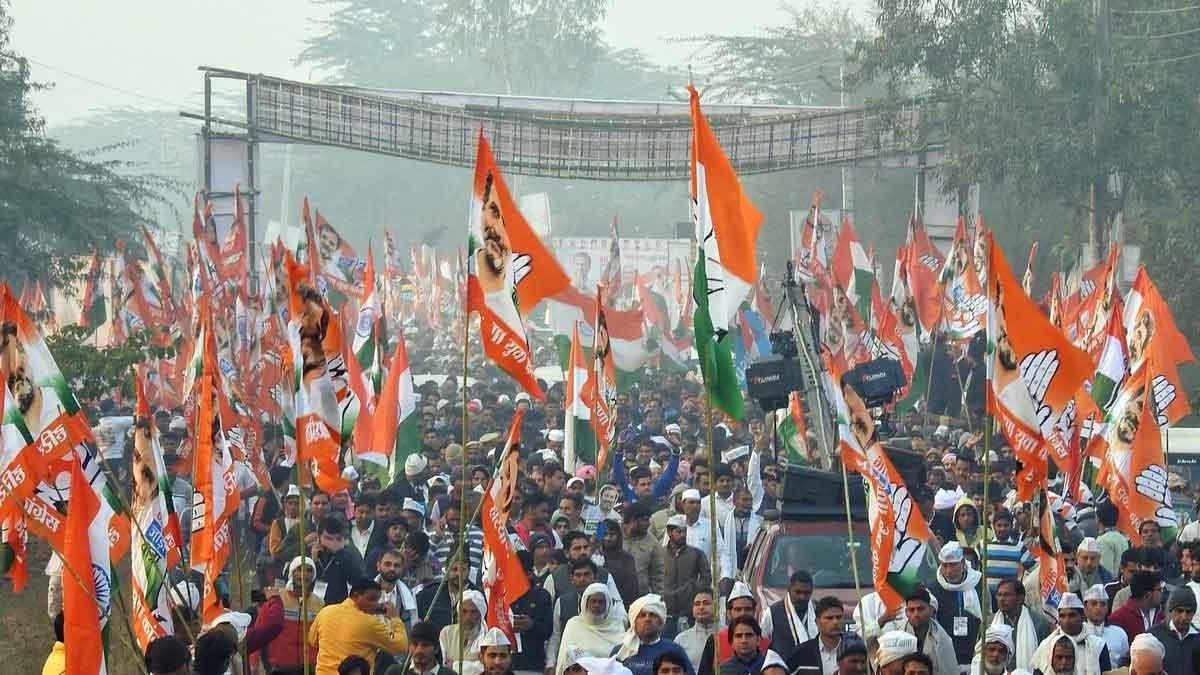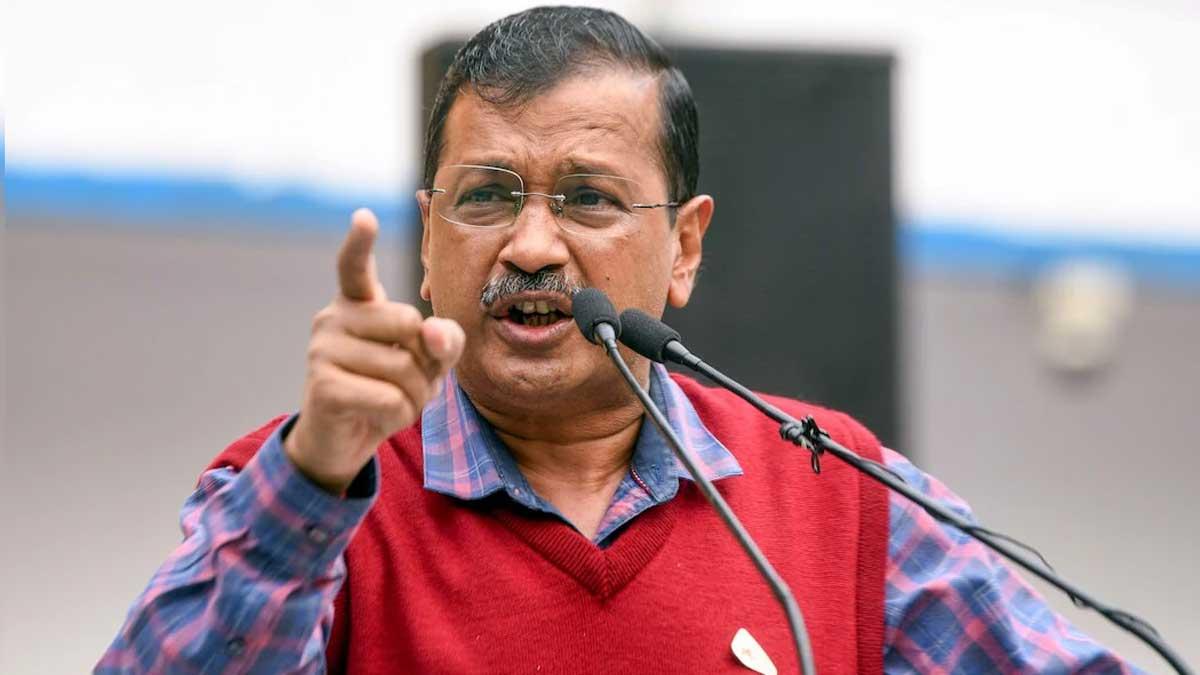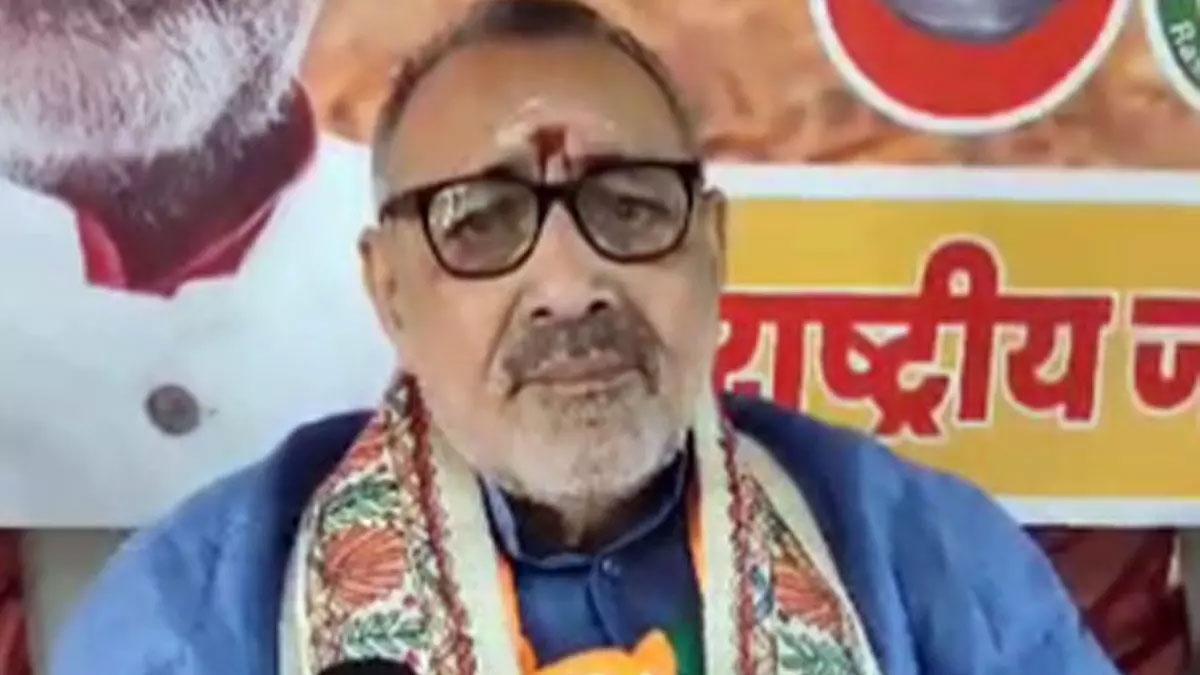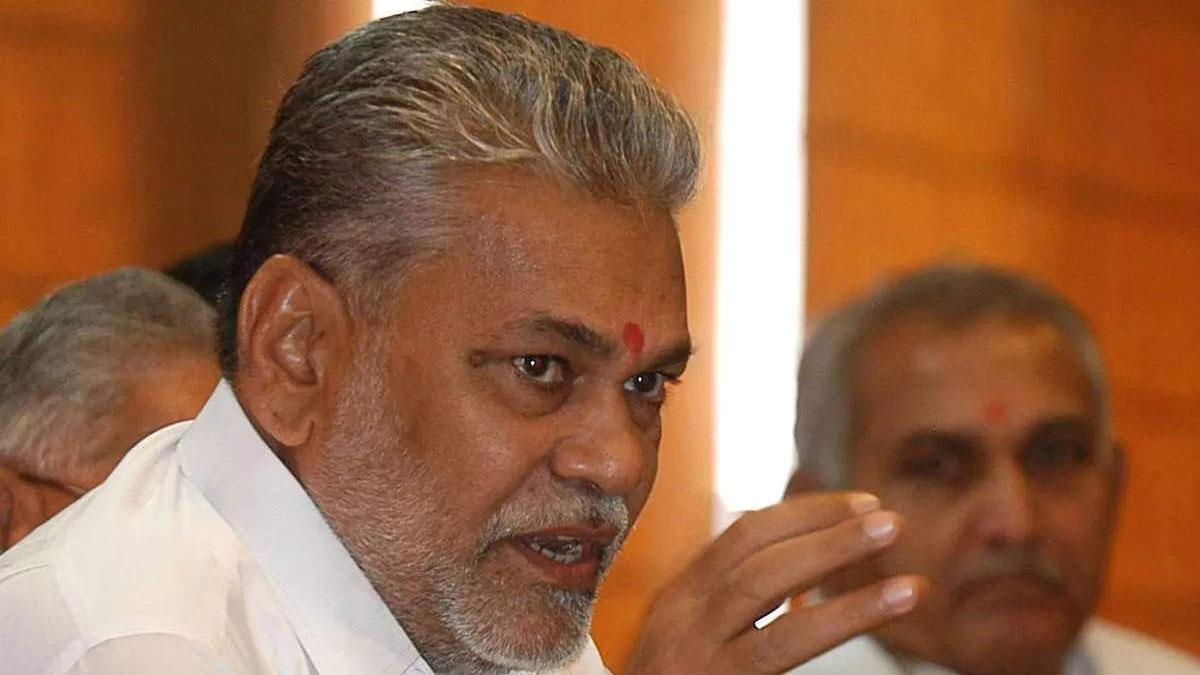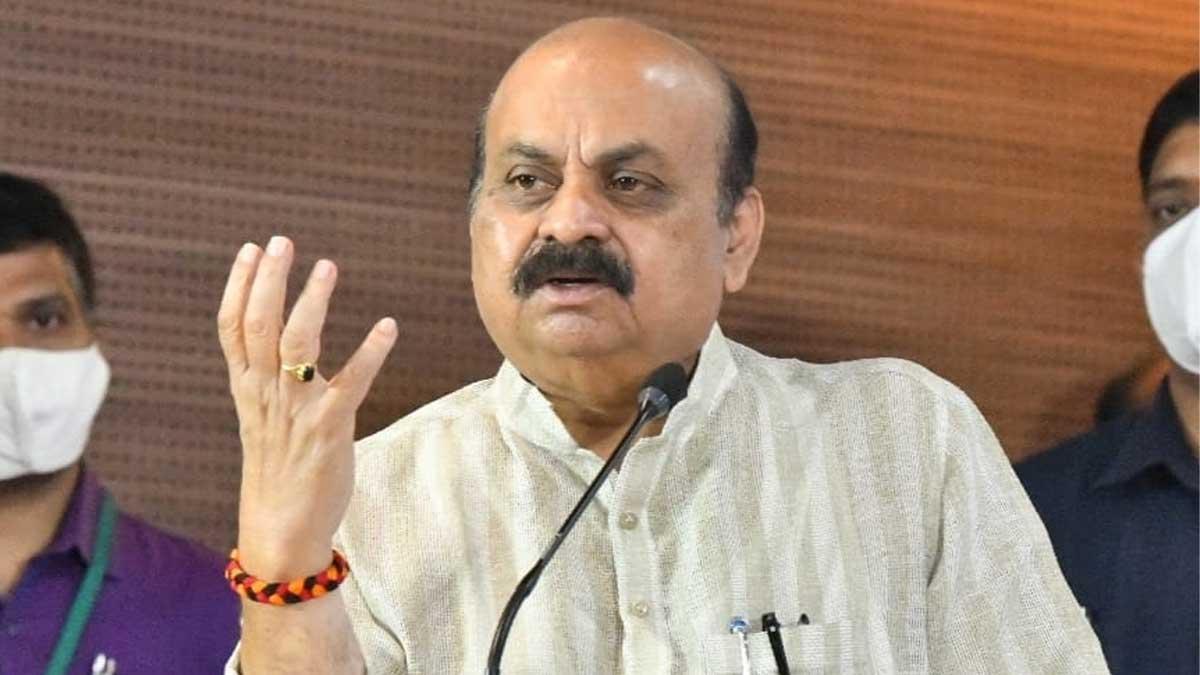In a departure from its proclaimed allegiance to its 'Brahmin DNA', the Congress party in Rajasthan has chosen not to field a single Brahmin candidate among the 25 parliamentary seats in the state's arid terrain.
Emphasizing that ticket distribution was guided by surveys rather than considerations of caste or creed, party leaders defended their decisions.
Despite previous assertions of a 'Brahmin DNA' within the party, including statements from prominent figures like Rahul Gandhi aide Randeep Singh Surjewala, and Rahul Gandhi himself donning the 'Janeu' (sacred thread) and identifying as a Kashmiri Brahmin, the absence of Brahmin candidates in Rajasthan's electoral lineup has raised eyebrows within the community.
This deviation from the purported 'Brahmin DNA' narrative extends to the exclusion of Muslim candidates as well, marking a historic departure from previous election practices in Rajasthan.
Expressing disappointment, Suresh Mishra, President of the Sarva Brahmin Mahasabha, criticized the move, suggesting a disregard for the Brahmin electorate, which accounts for a substantial portion of the state's population.
Senior Congress leader Varun Purohit echoed Mishra's sentiments, highlighting the historical significance of Brahmin leadership in securing victories for the Congress in Rajasthan, warning against the repercussions of neglecting this demographic.
The party's initial offering of a ticket to Brahmin candidate Sunil Sharma was retracted amidst controversy surrounding his affiliations with the pro-RSS organization, Jaipur Dialogues. Former state minister Pratap Singh Khachariya was subsequently nominated in his place.
Jaswant Singh Gurjar, Chairman of the party's election war room in Rajasthan, defended the candidate selection process, citing surveys, feedback, and party workers' demands as the primary factors, emphasizing that tickets couldn't be issued solely on the basis of caste or community.
Gurjar sought to reassure Brahmins and Muslims of their continued support for the Congress despite the ticket distribution in Rajasthan, pointing to instances of candidates from these communities being fielded in other states.
Highlighting past instances of Muslim and Brahmin leaders being nominated by the Congress, Gurjar suggested that the political impact in Rajasthan would be minimal.
Reflecting on Rajasthan's political landscape, journalist Narayan Bareth underscored the importance of inclusive participation in democracy, lamenting the marginalization of the Muslim community evident in contemporary political dynamics.
Read also | Jannayak Janta Party Set to Compete Across All 10 Lok Sabha Seats in Haryana
Read also | Chirag Paswan Nominates Brother-in-Law Arun Bharti for Jamui Lok Sabha Seat

